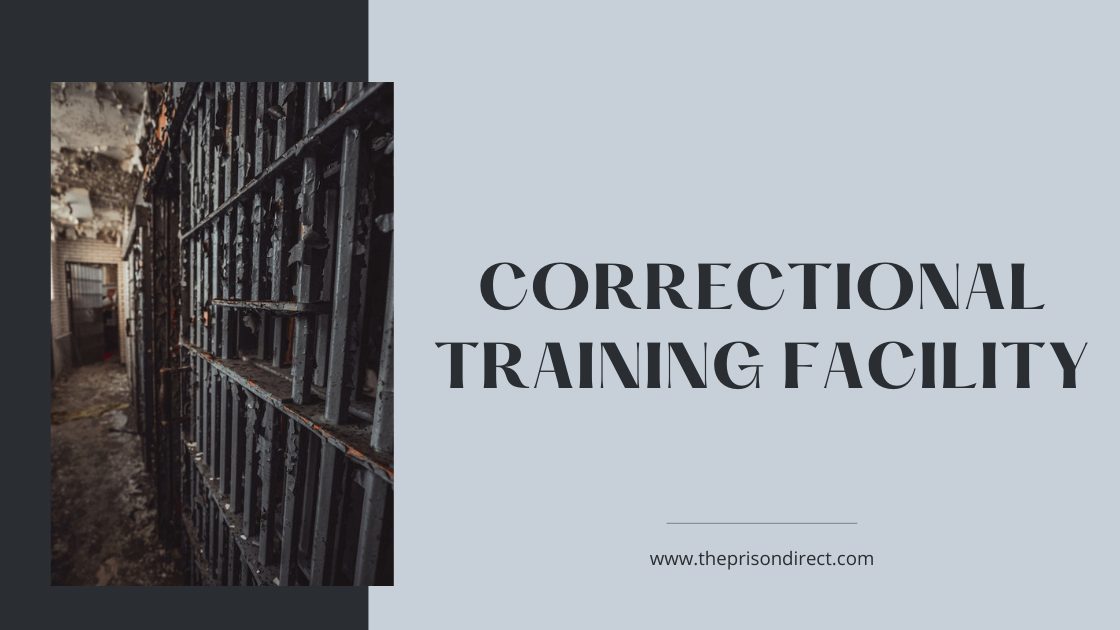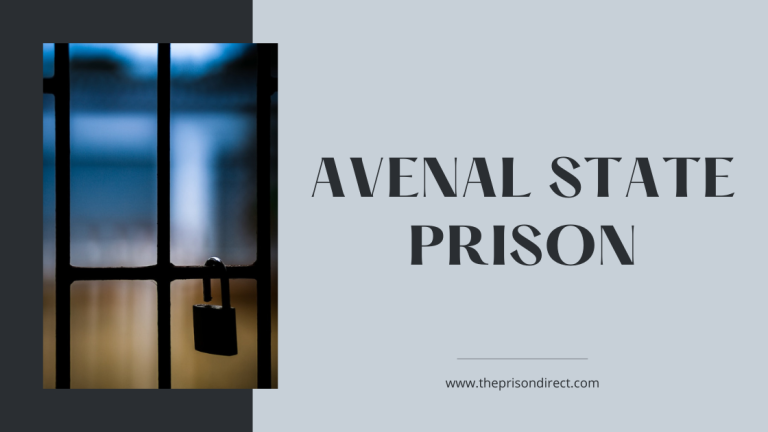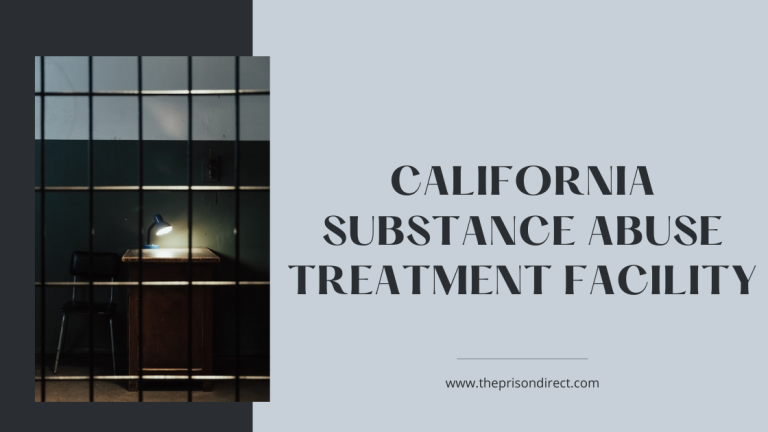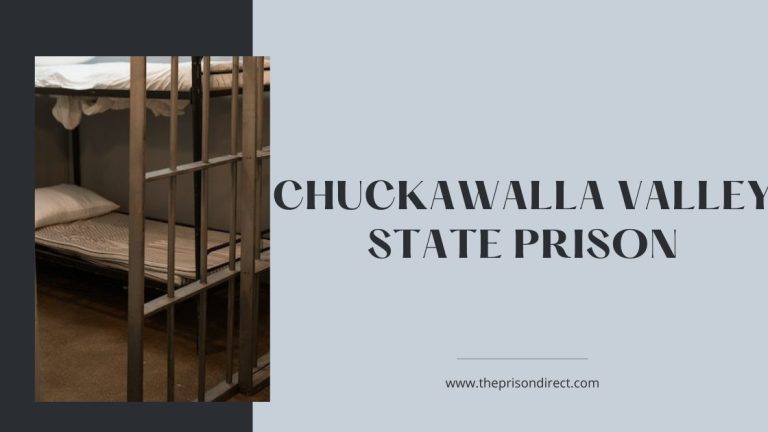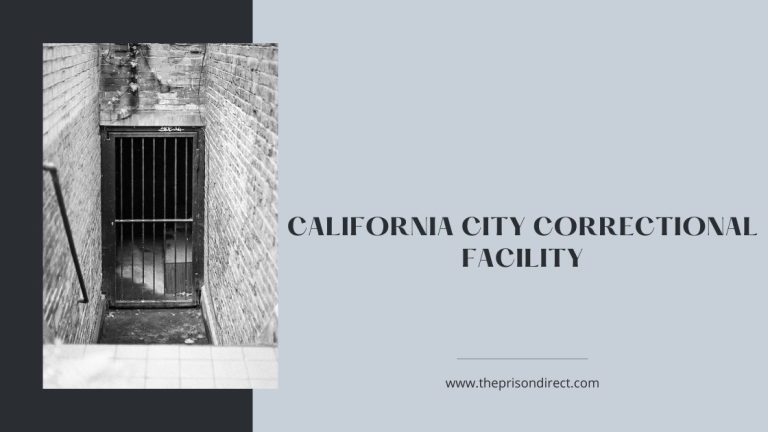Correctional Training Facility: An Overview
The Correctional Training Facility (CTF) is a state prison located in Soledad, California. It is one of the many correctional facilities managed by the California Department of Corrections and Rehabilitation (CDCR). CTF serves as a reception center for incoming male inmates and provides rehabilitation programs and vocational training to help inmates reintegrate into society. This article will explore the various aspects of CTF, including its history, mission, programs, and facilities.
Visiting Hours and Contact Information
For those wishing to visit inmates at CTF Soledad, here are some important details:
Visiting Hours
Visiting hours are on Saturdays and Sundays from 8 am to 3 pm. Visitors arriving after 2 pm will not be allowed to enter visitation. Additionally, visits are permitted on New Year’s Day, July 4th, Thanksgiving, and Christmas Day. To streamline your visit, especially if it’s in the morning or involves non-contact visitation, it’s advisable to schedule a visiting appointment online.
Physical Address
Correctional Training Facility Highway 101 North Soledad, CA 93960
Telephone
For inquiries and contact, you can reach out to CTF Soledad at (831) 678-3951.
Inmate Mailing Addresses
For sending mail to inmates, ensure you use the correct mailing address, including the inmate’s name and ID number:
- For Facility D: Inmate Name, ID Number Correctional Training Facility – South (Facility D) PO Box 690 Soledad, CA 93960-0690
- For Facility C: Inmate Name, ID Number Correctional Training Facility – Central (Facility C) PO Box 689 Soledad, CA 93960-0689
- For Facility A & B: Inmate Name, ID Number Correctional Training Facility – North (Facility A & B) PO Box 705 Soledad, CA 93960-0705
History of Correctional Training Facility
The Correctional Training Facility was established in 1946 as a training school for prison guards. In 1954, it was converted into a state prison facility for adult male inmates. Over the years, CTF has undergone several changes and expansions, including the addition of more housing units, vocational training programs, and substance abuse treatment facilities. Today, CTF is a modern correctional facility that serves as a model for other prisons in the state.
Mission of Correctional Training Facility
The mission of CTF is to provide a safe and secure environment for inmates, staff, and the public. CTF aims to facilitate the rehabilitation and successful reentry of inmates back into society by providing education, vocational training, and counseling services. The ultimate goal is to reduce recidivism and improve public safety by preparing inmates to become productive members of society.
Programs at Correctional Training Facility
CTF offers a wide range of programs to its inmates, including academic education, vocational training, and substance abuse treatment. Inmates can enroll in courses in subjects such as math, English, and history, and can earn high school diplomas or GEDs. Vocational training programs are available in fields such as welding, carpentry, and culinary arts, providing inmates with valuable job skills that they can use upon release.
CTF also offers a range of substance abuse treatment programs, including individual and group counseling, drug and alcohol education, and 12-step programs. These programs are designed to help inmates overcome their addictions and prepare them for a successful reentry into society.
In addition to these programs, CTF also provides mental health services, anger management classes, and parenting classes, among other services.
Facilities at Correctional Training Facility
CTF has several housing units, including maximum-security and minimum-security units, and a reception center for incoming inmates. The facility also has a medical center, a dental clinic, a mental health clinic, and a substance abuse treatment center. Inmates have access to a recreation yard, a gymnasium, and a library. The facility also has a visiting area where inmates can meet with their families and friends.
Staff at Correctional Training Facility
CTF has a staff of more than 1,000 employees, including correctional officers, teachers, counselors, and medical personnel. The staff is trained to provide a safe and secure environment for inmates, while also providing them with the support and resources they need to succeed.
Conclusion
The Correctional Training Facility is a modern and innovative correctional facility that is dedicated to the rehabilitation and successful reentry of inmates. Through its wide range of programs and facilities, CTF is helping to reduce recidivism and improve public safety by preparing inmates to become productive members of society.
FAQs
- What is the Correctional Training Facility? The Correctional Training Facility is a state prison located in Soledad, California, managed by the California Department of Corrections and Rehabilitation (CDCR).
- What is the mission of the Correctional Training Facility? The mission of the Correctional Training Facility is to provide a safe and secure environment for inmates, staff, and the public, and to facilitate the rehabilitation and successful reentry of inmates back into society by providing education, vocational training, and counseling services.
- What programs are available at the Correctional Training Facility? CTF offers a wide range of programs, including academic education, vocational training, and substance abuse treatment. Inmates can also access mental health services, anger management classes, and parenting classes, among other services.
- What facilities are available at the Correctional Training Facility? CTF has several housing units, a medical center, a dental clinic, a mental health clinic, and a substance abuse treatment center. Inmates have access to a recreation yard, a gymnasium, and a library.
- How does the Correctional Training Facility help reduce recidivism? By providing education, vocational training, and counseling services, CTF helps prepare inmates for a successful reentry into society. By reducing recidivism, CTF helps improve public safety and reduce the burden on the criminal justice system.

